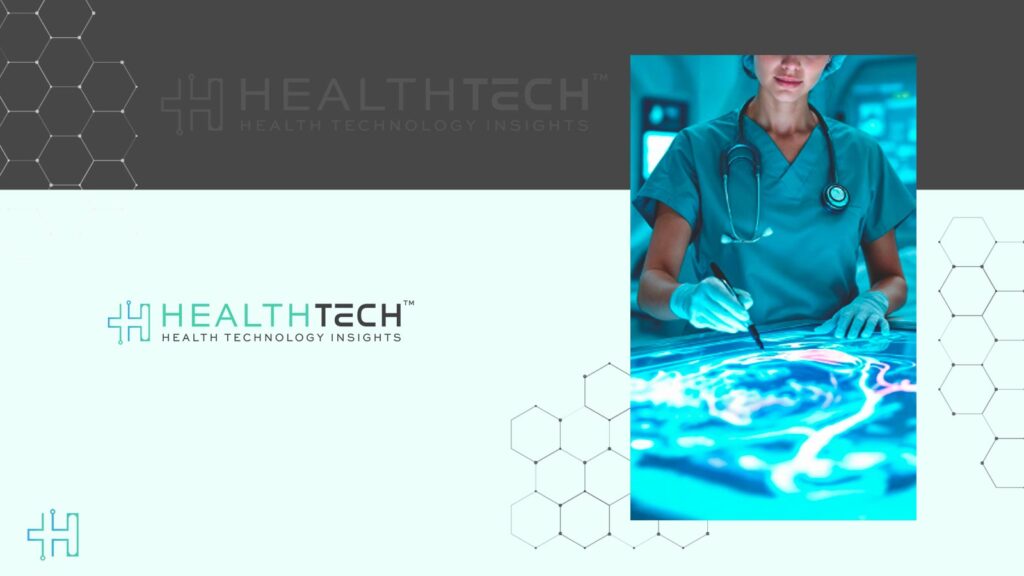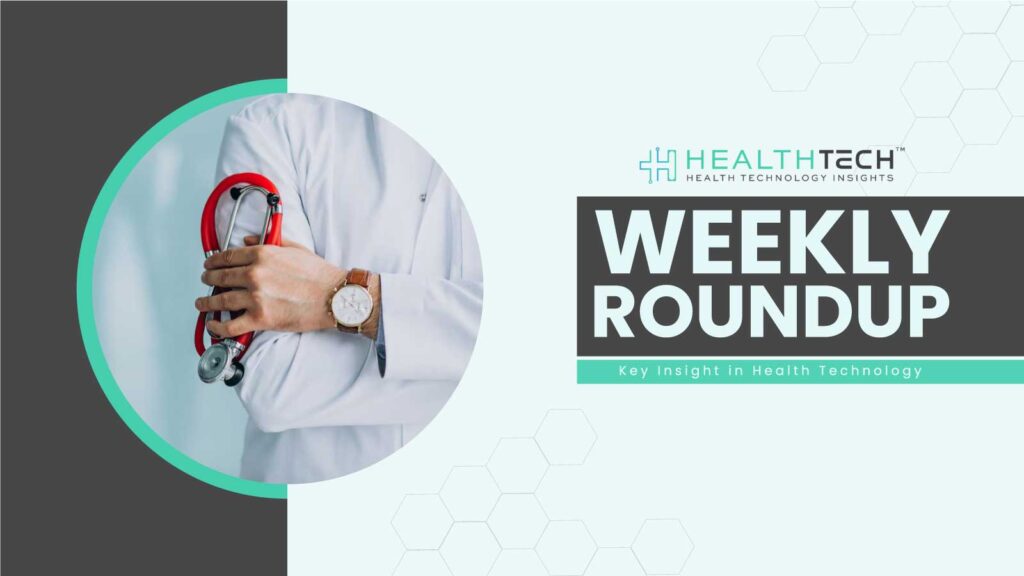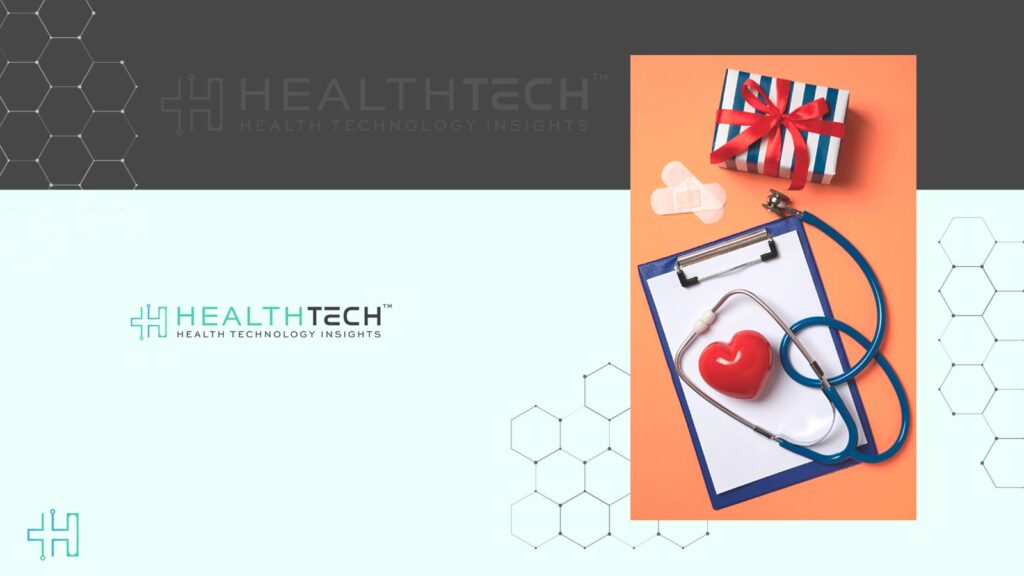Microsoft Corp. shared new advancements in AI aimed at creating a better patient experience, helping healthcare workers manage their tasks more effectively, and improving the financial stability of healthcare providers. As part of this, the company is enhancing its AI clinical assistant, Dragon Copilot, by adding the first commercially available ambient AI features designed specifically for nursing duties. In addition, Microsoft is allowing partners to connect their AI tools directly with Dragon Copilot. This integration lets healthcare professionals use more AI tools without disrupting their current work, offering nursing staff personalized support. These updates show that Dragon Copilot is becoming a versatile and strong AI solution that improves revenue management, clinical decisions, workflow efficiency, and overall patient care through its adaptable design.
Health Technology Insights: NextGen Healthcare Completes CEO Transition Ahead of Annual User Group Meeting
Mary Varghese Presti, Corporate Vice President and Chief Operating Officer at Microsoft Health and Life Sciences, said that Microsoft is continuing to build Dragon Copilot as a top AI assistant for healthcare organizations. She mentioned that the latest upgrades support specific nursing tasks and allow third-party AI tools to connect smoothly with Dragon Copilot. By increasing these features across different clinical teams and connecting partner solutions, Microsoft wants to help healthcare providers get more value in various care settings and applications.
Health Technology Insights: John D’Angelo Named CEO of Northwell Health
Dragon Copilot enhances clinical intelligence by letting healthcare providers use specialized AI functions without stepping away from their main work. Research shows that many family medicine visits deal with several issues, and clinicians handle about three concerns and several tasks, such as ordering tests and making referrals, during a typical 15-minute appointment. On top of these clinical duties, providers also deal with prior authorizations, coding, updating CRM, referral tracking, and patient engagement, which can be overwhelming and affect the quality of care. To solve these issues, Microsoft works with partners to include trusted clinical insights and streamline administrative tasks within Dragon Copilot. Examples include clinical content from Elsevier and Wolters Kluwer UpToDate, decision support from Atropos Health, vocal biomarker analysis from Canary Speech, patient management tools from Lightbeam Health Solutions, and solutions focused on care gaps from Pangaea Data. On the financial side, tools like Ensemble, Cohere Health, and RhythmX AI help optimize revenue processes and prior authorizations, making everything more efficient and reducing denials. Tools like Press Ganey also help improve the patient experience by turning clinician-patient talks into useful feedback. Partners like Artisight and hellocare.ai are creating AI-powered hospital and virtual care platforms that turn voice and other clinical data into documentation integrated with Dragon Copilot workflows.
Brett Oliver, MD, Chief Medical Information Officer at Baptist Health, praised Microsoft’s approach to creating a unified system around Dragon Copilot. He stated that combining multiple AI tools in one ambient workflow improves diagnostics and care without interrupting clinicians, unlike separate solutions. This integration allows healthcare providers to innovate widely and improve patient results. Microsoft is also launching its healthcare agent service in Copilot Studio, which includes built-in clinical knowledge and safeguards to ensure safe and reliable AI outputs. This framework supports partners in building compliant solutions that connect with Dragon Copilot, bringing specific features directly into clinicians’ workflows and speeding up innovation.
Nurses, who are dealing with rising workloads and burnout, now have access to the first commercial ambient AI solution tailored to their needs through Dragon Copilot. Surveys indicate that nurses spend a large part of their shifts on documentation and administrative tasks, which causes stress and less time for patient care. Dragon Copilot helps by recording nurse-patient interactions in real time and turning them into flowsheet documentation that nurses can review and approve before it’s added to electronic health records. Nurses can stop the recording to check for accuracy and ensure they follow internal policies within the workflow. They also get quick access to reliable medical resources without switching systems and benefit from AI that helps draft notes, summarize patient encounters, and cut down on repetitive tasks. This technology comes from close collaboration with nurse leaders and frontline staff in the US to make sure it meets the practical needs of nursing. Tracy Breece, Executive Director of Nursing Informatics at Mercy, described working with Microsoft to co-develop this nursing solution as transformative. She said that nurses, including many who were initially reluctant to use the new technology, have found it greatly reduces stress and helps them stay on track for patient admissions and discharges. Breece stressed that when technology is developed alongside end users, it leads to real improvements that help nurses feel more confident, connected, and capable of providing high-quality care.
Health Technology Insights: Cynosure Lutronic Redefines Skin Resurfacing with the Launch of the eCO2 3D Laser
To participate in our interviews, please write to our HealthTech Media Room at sudipto@intentamplify.com




